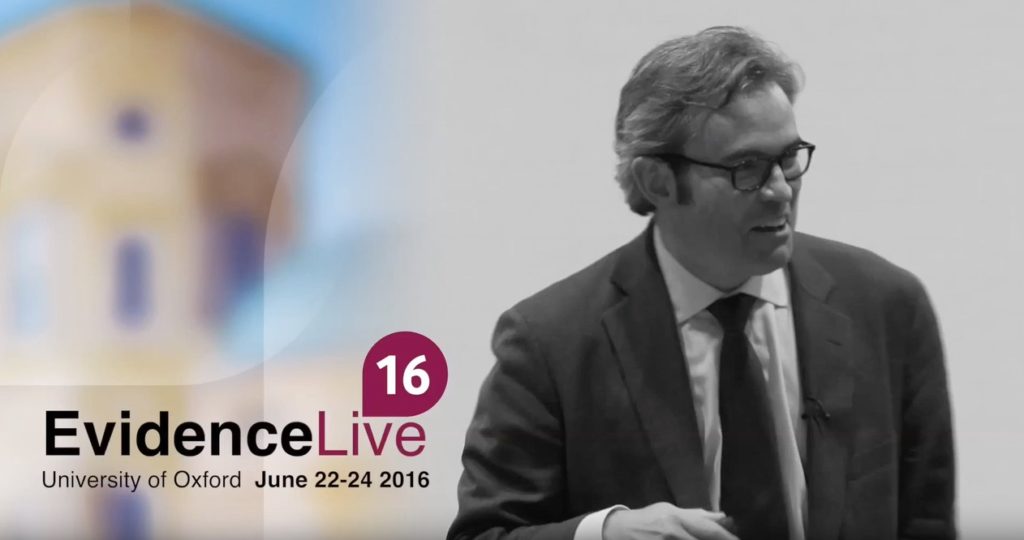
What stuck with me:
- Evidence creates work for patients.
- Education and information are good but they’re not enough.
- Despite the belief that the solution is choice and options, patients don’t always want choice but care.
In an increasingly reductive world of clinical care, Montori’s thinking around shared decision making and diagnostic conversations puts the focus squarely on how evidence applies to our individual patients. I expect over time his critical and timely thinking will become even more relevant.
From a recent BMJ blog post penned by Montori.
The job of caring must rise above the knowing and spewing the literature or the plain recitation of guidelines, no matter how evidence-based they say they are or how much easier they make our lives. We must care, and to care, we must help resolve the situation of the patient, identifying what is best for this patient and for his family, not what makes our quality parameters look better or improves our income.
On Monday morning I’ll be looking at my encounters differently.